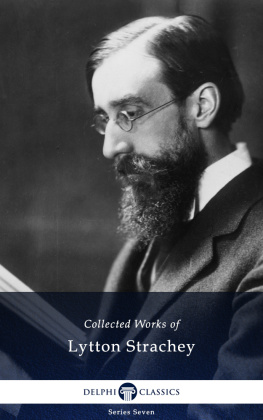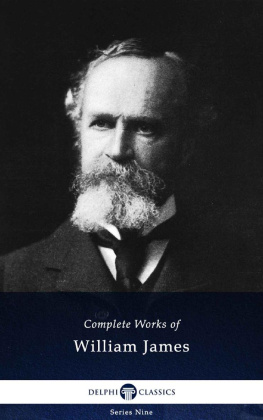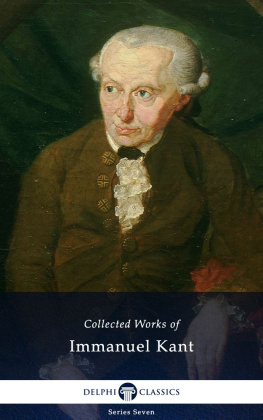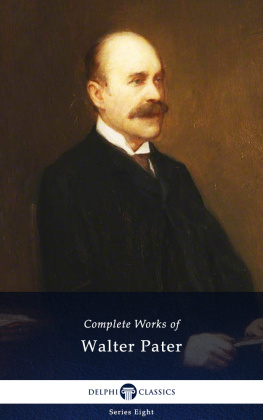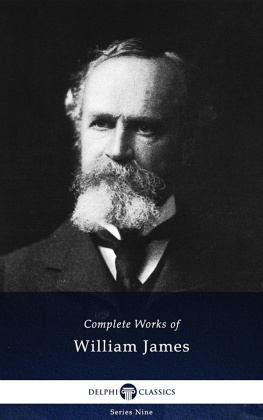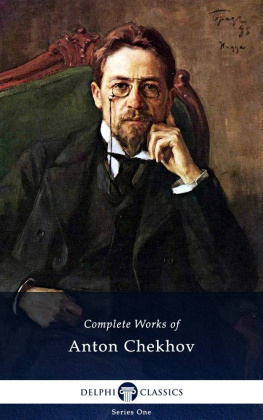William Hazlitt - Delphi Collected Works of William Hazlitt (Illustrated)
Here you can read online William Hazlitt - Delphi Collected Works of William Hazlitt (Illustrated) full text of the book (entire story) in english for free. Download pdf and epub, get meaning, cover and reviews about this ebook. year: 2015, publisher: Delphi Classics, genre: Science. Description of the work, (preface) as well as reviews are available. Best literature library LitArk.com created for fans of good reading and offers a wide selection of genres:
Romance novel
Science fiction
Adventure
Detective
Science
History
Home and family
Prose
Art
Politics
Computer
Non-fiction
Religion
Business
Children
Humor
Choose a favorite category and find really read worthwhile books. Enjoy immersion in the world of imagination, feel the emotions of the characters or learn something new for yourself, make an fascinating discovery.
- Book:Delphi Collected Works of William Hazlitt (Illustrated)
- Author:
- Publisher:Delphi Classics
- Genre:
- Year:2015
- Rating:4 / 5
- Favourites:Add to favourites
- Your mark:
Delphi Collected Works of William Hazlitt (Illustrated): summary, description and annotation
We offer to read an annotation, description, summary or preface (depends on what the author of the book "Delphi Collected Works of William Hazlitt (Illustrated)" wrote himself). If you haven't found the necessary information about the book — write in the comments, we will try to find it.
The greatest art critic of his age, William Hazlitt is celebrated for his humanistic essays and literary criticism. Hazlitt was an influential drama critic, social commentator and philosopher, now widely considered one of the great critics and essayists of the English language. This comprehensive eBook presents Hazlitts collected works, with numerous illustrations, many rare texts appearing in digital print for the first time, informative introductions and the usual Delphi bonus material. (Version 1)
- Concise introductions to the major collections and other texts
- ALL the major works, with individual contents tables
- Images of how the books were first published, giving your eReader a taste of the original texts
- Excellent formatting of the texts
- Special essays index, with chronological and alphabetical contents tables
- Easily locate the essays you want to read
- Includes Hazlitts rare essay collections available in no other collection
- Special criticism section, with essays evaluating Hazlitts contribution to literature
- Features a bonus biographies - discover Hazlitts literary life
- Scholarly ordering of texts into chronological order and literary genres
Please visit delphiclassics.com to browse through our range of exciting titles
CONTENTS:
The Books
AN ESSAY ON THE PRINCIPLES OF HUMAN ACTION
FREE THOUGHTS ON PUBLIC AFFAIRS
ADVERTISEMENT ETC. FROM THE ELOQUENCE OF THE BRITISH SENATE
THE ROUND TABLE
CHARACTERS OF SHAKESPEARS PLAYS
LECTURES ON THE ENGLISH POETS
A VIEW OF THE ENGLISH STAGE
TABLE-TALK
THE FIGHT
LIBER AMORIS
CHARACTERISTICS
SKETCHES OF THE PRINCIPAL PICTURE-GALLERIES IN ENGLAND
THE SPIRIT OF THE AGE
THE PLAIN SPEAKER
NOTES OF A JOURNEY THROUGH FRANCE AND ITALY
WINTERSLOW
HAZLITT ON ENGLISH LITERATURE
Essays Index
LIST OF ESSAYS IN CHRONOLOGICAL ORDER
LIST OF ESSAYS IN ALPHABETICAL ORDER
The Criticism
WILLIAM HAZLITT by Arthur Rickett
HAZLITT by George Saintsbury
WILLIAM HAZLITT by Leslie Stephen
WILLIAM HAZLITT by Augustine Birrell
INTRODUCTION TO WILLIAM HAZLITT by Jacob Zeitlin
The Biography
WILLIAM HAZLITT by Leslie Stephen
Please visit delphiclassics.com to browse through our range of exciting titles or to purchase this eBook as a Parts Edition of individual eBooks
William Hazlitt: author's other books
Who wrote Delphi Collected Works of William Hazlitt (Illustrated)? Find out the surname, the name of the author of the book and a list of all author's works by series.



